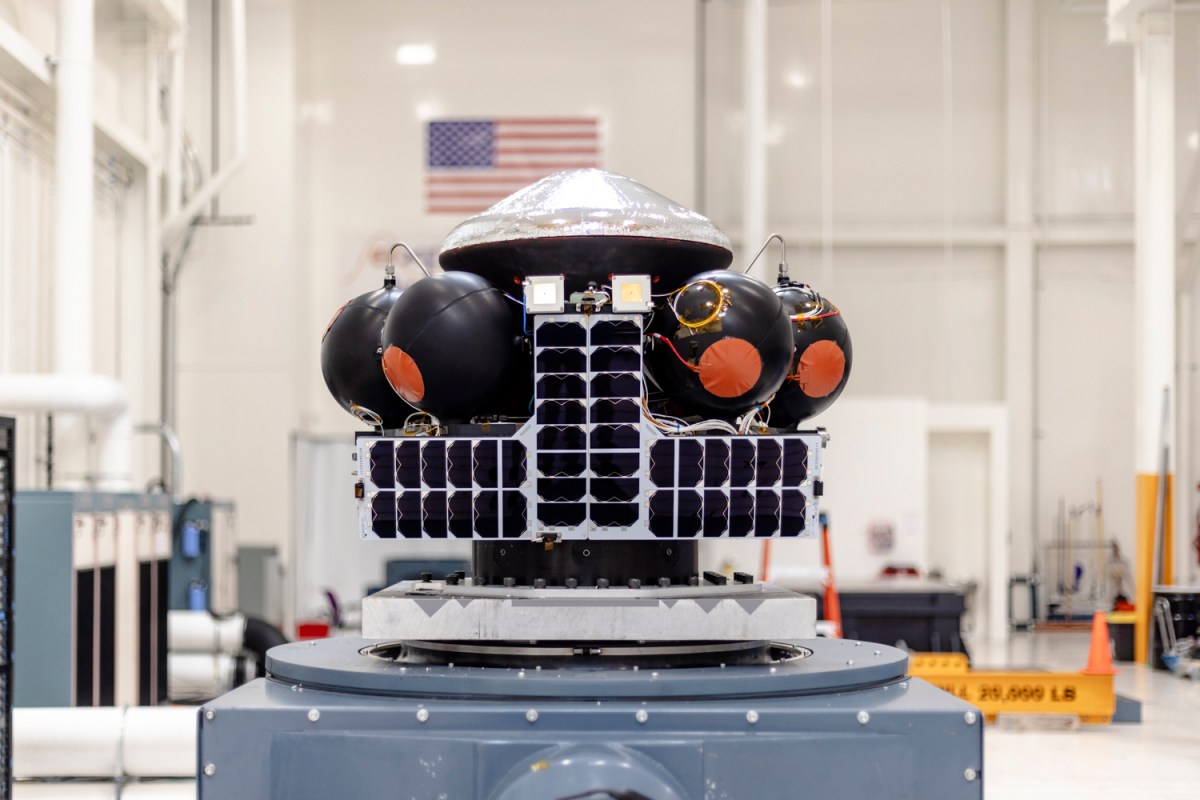How Orbital Delivery and Space Logistics Are Revolutionizing Global Package Transport

Revolutionizing Logistics: Orbital Delivery on the Horizon
The world of logistics is on the cusp of a groundbreaking transformation, thanks to the innovative efforts of startup companies. A recent breakthrough by Inversion, a pioneering space technology firm, has unveiled a revolutionary delivery system that promises to change how goods are transported globally. This system leverages the power of space to deliver packages with unprecedented speed and efficiency.At the heart of this technology is an advanced spacecraft designed to place cargo into orbit. Once in orbit, the spacecraft releases a re-entry capsule on demand, which then travels to any desired location on Earth, achieving its destination in under an hour. What makes this process truly remarkable is its autonomous nature, capable of navigating through atmospheric re-entry, executing hypersonic maneuvers, and landing safely using a parachute. This autonomous capability streamlines the delivery process, eliminating the need for human intervention and significantly reducing delivery times.
How Autonomous Systems Are Changing Logistics
The introduction of autonomous systems in logistics is not only a leap in technology but also a game-changer for businesses. By leveraging space as a delivery platform, companies can now reach remote or hard-to-access areas with ease. This capability opens up new markets and opportunities for global trade, potentially bridging gaps in supply chains and enhancing customer satisfaction through faster delivery times.Furthermore, the use of space-based logistics could reduce reliance on traditional transportation methods, such as trucking and air travel, which are often slower and more susceptible to traffic congestion or weather-related disruptions. Autonomous spacecraft ensure that packages can be delivered consistently, regardless of external conditions, making them an attractive option for time-sensitive shipments.
Implications and Future Prospects
The implications of this technology are vast, with potential applications extending beyond consumer goods to include critical medical supplies, emergency response equipment, and even military logistics. As this technology continues to evolve, we can expect to see improvements in efficiency, cost-effectiveness, and environmental sustainability.While the initial focus is on delivering consumer items like phone cases, the long-term vision is to establish a global network that can support a wide range of industries. This could lead to a significant shift in how businesses operate, with increased emphasis on speed, reliability, and access to remote markets. As the world becomes more interconnected, the role of space-based logistics could become increasingly pivotal in shaping the future of global commerce.
In conclusion, the advent of orbital delivery systems marks a new era in logistics, one that is driven by innovation and autonomous technology. As this technology continues to develop, it promises to redefine the boundaries of what is possible in terms of speed and accessibility, transforming industries and connecting the world in ways previously unimaginable.